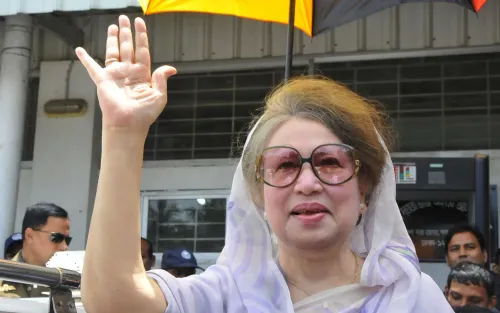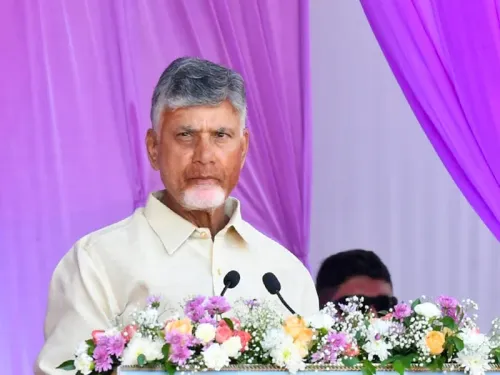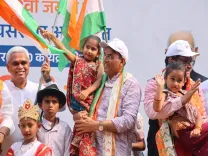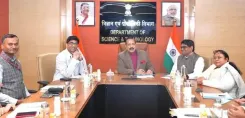Should the SC Take Suo Motu Cognizance of the Kolkata Law College Gang-Rape Case?
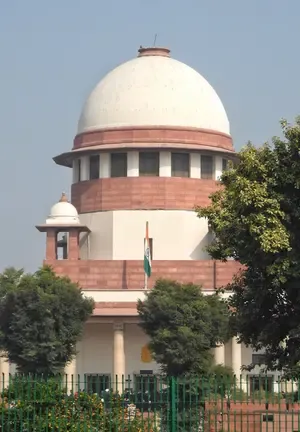
Synopsis
Key Takeaways
- Immediate action required from the Supreme Court for justice.
- Need for CBI involvement to ensure a fair investigation.
- Compensation for the victim is essential for recovery.
- Victim protection must be prioritized.
- Establishment of women’s safety policies in educational settings is crucial.
New Delhi, June 30 (NationPress) A formal letter petition has been submitted to the Chief Justice of India, B.R. Gavai, requesting the Supreme Court to take suo motu cognizance of the shocking gang-rape incident involving a law student on her college grounds in Kasba, located in South Kolkata.
On June 25, a first-year female law student was reportedly assaulted on the premises of South Calcutta Law College by three suspects, all associated with the Trinamool Congress' student organization, Trinamool Chhatra Parishad (TMCP). The petition emphasized the need for the highest court to take immediate action and called for a thorough, unbiased investigation into the matter.
It requested the transfer of the investigation to the Central Bureau of Investigation (CBI) with instructions for a prompt conclusion to the probe.
Additionally, the plea, represented by advocate Satyam Singh, called for the West Bengal government to provide interim compensation of Rs 50 lakh to the victim to cover medical expenses, rehabilitation, and legal fees.
Moreover, the petition urged immediate and comprehensive safety measures for the victim, her family, and all witnesses involved, while also advocating for the establishment of stringent regulations concerning women's safety in educational institutions.
The plea called upon the apex court to take appropriate actions against Trinamool Congress leaders, including Kalyan Banerjee and Madan Mitra, who were involved in victim-blaming and made offensive remarks.
Legislator Madan Mitra, known for his controversial comments, made a statement suggesting that the rape incident served as a warning to girls not to attend college when it is closed. Following backlash, the Trinamool Congress clarified that his remarks were personal and disassociated the party from his statements, subsequently issuing him a show-cause notice.

